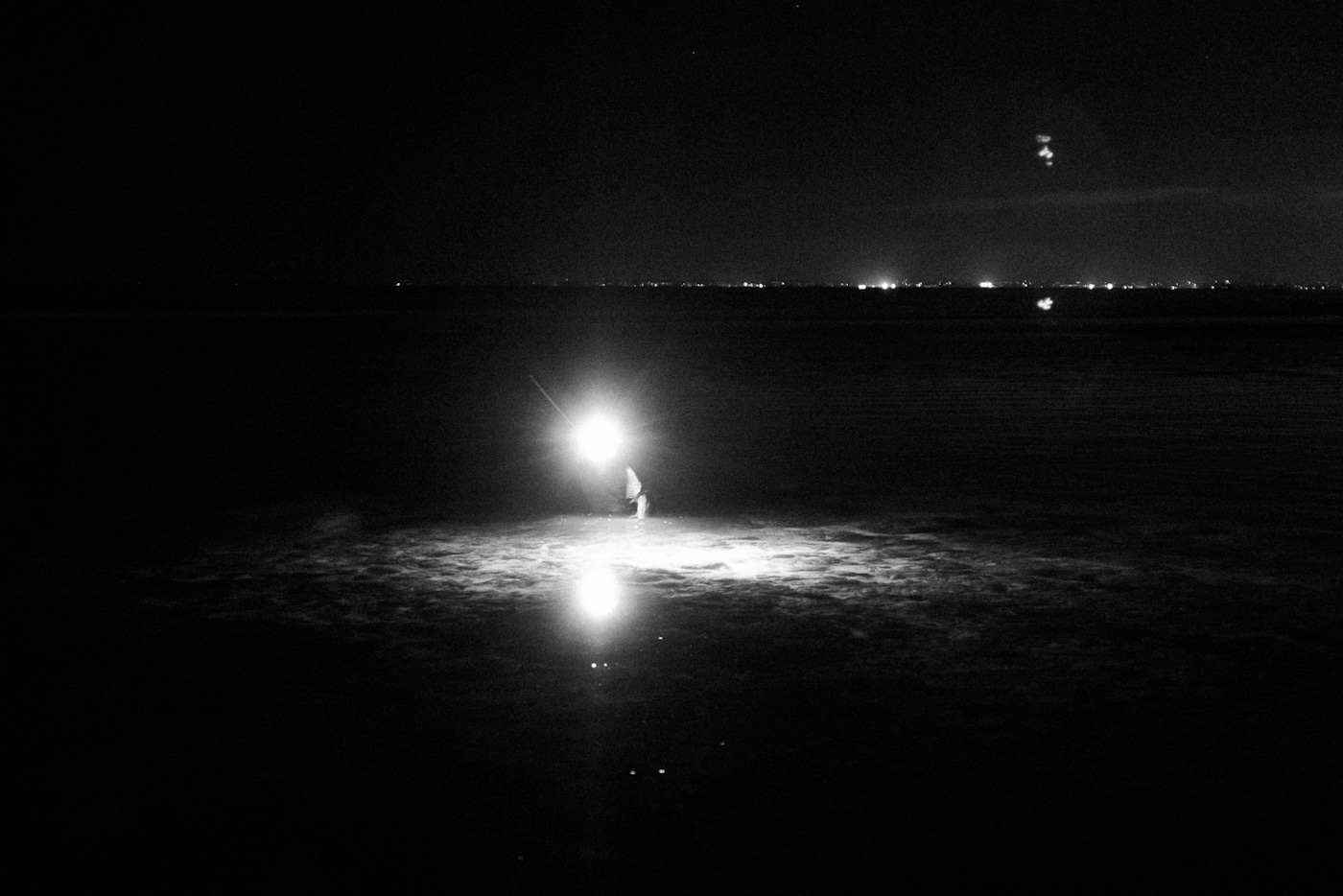Retrospectives are not about fun, they are about discovery 👁️

In this article, I won’t talk about what makes a good retrospective which I mentioned in one of my past articles. I’ll talk about focus.
🤔 The problems I see:
Scrum Masters (or whoever leads retrospectives) focus on making the meeting as entertaining as possible, so the team doesn’t get bored.
Teams are using the same structure over and over again and discussing the same topics again and again.
Retrospectives always being fun meetings where people stay within their comfort zone, afraid to tackle the uncomfortable.
All of the above hold back growth and put focus on appeasement or avoiding fear rather than doing the real work. So where does discovery jump in?
🕵🏼 Discovery (in this context) = learning about surroundings, product, architecture, process, the team, individuals etc., that we then action to evolve our ways of working.
🤹🏼♀️What’s wrong with fun?
Nothing is wrong if we use it as a means to something, not an end goal. It can spark creativity and great insights and build a stronger team. The point is where we put emphasis.
Great retrospectives help teams improve in terms of efficiency, camaraderie, and making an impact.
💡What to focus on then:
Providing safe space to voice concerns, opinions etc.
Uncomfortable topics, elephants in the room.
What the team needs right now to work better together, be happier and deliver more value to the end user (worth asking the team).
Actually making a change not only talking about it and ending with action points that nobody feels will make an impact.
Some time ago, I wrote an article on tackling an empty mind on a retrospective. The purpose was to show the breadth of topics the team can discuss not to forget that the event is not only about the process.
☝🏼When do you know when you discovered something?
Some indicators may be the following emotions: discomfort, enthusiasm, and relief. Additionally, focus, determination, feeling in control or avoidance.
🔎 The fine print:
Playfulness on a retrospective can be extremely useful for discovery and non-linear thinking, yet it’s a tool, not a means in itself.
Boredom can be helpful as it leaves space for emergence, yet it should come within a structure, or the event won’t give fruits.
Retrospectives are not about constant growth. They are about continuous adjustment that can lead to growth.
—
🎈Share this post if you think it can help others making better use of their retrospectives.


Great perspective. Thanks. The same is with all kind of meetings - also with family :)